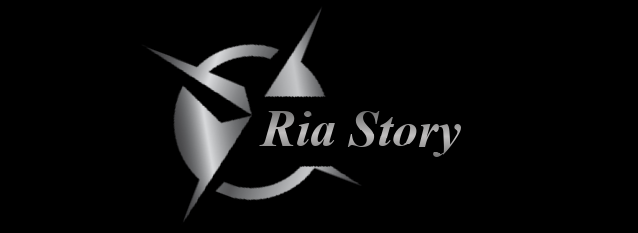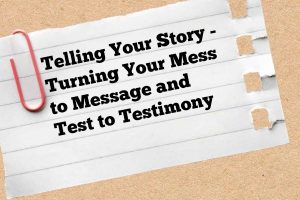I don’t really remember exactly WHEN I first realized I had self-limiting beliefs, but it’s been in the last few years that I realized just HOW MANY self-limiting beliefs I’ve carried over the years. And, I’m probably still carrying a few. But, I realized the top three that have held me back in the past are pretty common to all the people I talk with when I’m speaking, coaching, and training. I don’t have a research study or statistics, but I talk to or interact with hundreds of people every day and I can tell you with certainty, we ALL have limiting beliefs. Here are the top three I’ve found that hold the majority of people back from reaching their potential.
1) I’m not _________________ enough.
This was probably the top one that held me back personally and professionally. You can fill in the blank for yourself, but most of us are convinced we can’t accomplish something because we aren’t good enough, smart enough, skinny enough, good-looking enough, talented enough, sensitive enough, tough enough, positive enough, and on and on enough.
For me, there were more than a few of those “I’m not _______ enough.” The biggest one is how for years, I thought I wasn’t “worth” enough because of seven years of sexual abuse by my father. If one of the two people in my life who should have protected me at all costs treated me like an object for his sexual gratification, and the other one defended him for it, then I thought there was certainly something wrong with me. I felt flawed, broken, and worthless.
It’s lie we tell ourselves and even worse – we believe it. Sure, there are some limitations in the world. But, most of them we create because we tell ourselves we can’t do it based on “I’m not ______ enough.” Scared of failure, we don’t even try. And, that’s the tragedy in life – untapped potential wasted because we were afraid to try.
“You begin to fly when you let go of self-limiting beliefs and allow your mind and aspirations to rise to greater heights.” Brian Tracy
In truth, you are enough. You are not perfect, but you are enough. You are created Fearfully and Wonderfully, unique, and perfectly imperfect. God doesn’t make mistakes, and He didn’t make you a mistake. You are enough for what He intended. Write it down. Be proud of it. Own it.
2) I can’t __________________ because __________________.
How we think and what we think about determines our emotions, actions, and ultimately, our results. When we are thinking, we are consciously and subconsciously directing our energy toward what we are thinking about. Focusing our energy in one direction will drive our emotions. Our emotions and feelings determine what we do, when we do it, and who we do it with. Our actions lead to our circumstances, and therefore our results. As James Allen said, “The outer world of circumstance shapes itself to the inner world of thought.”
When we use adversity as an excuse, we choose to adopt a victim mentality. Bad things happen to everyone. Adversity happens. To all of us. We must stop using our obstacles as excuses. Stop focusing energy on what you can’t do because of whatever. Start focusing your energy on what you can do instead. Energy drives action. Use it well.
“Argue for your limitations and sure enough they’re yours.” Richard Bach
3) It’s too ________________________.
Growth in any dimension of life won’t happen accidentally and it’s much like attempting to ascend Mount Everest – it’s all uphill all the way. Want to earn a college degree? You’ll have to invest time and money. Want to lose weight? You’ll have to invest in exercise and healthier eating habits. Want to improve your outlook on life? You’ll have to invest in personal growth books or videos. Whatever our goal, anytime we give up and think “It’s too hard” or “It will take too long” we are really saying, “I don’t want it bad enough to sacrifice for it and discipline myself to achieve it.
Ouch.
“God grant me the serenity to accept things I cannot change. Courage to change the things I can. And wisdom to know the difference.” ~Reinhold Niebuhr
I’m here to tell you – limiting beliefs do not serve us. They are useful to no one now. It may hurt to examine them and it will hurt to own them. Own them to overcome them. Owning them means stop blaming someone or something else and start taking responsibility for what you can control, do, or affect. As Goodyear Senior Operations Executive Billy Taylor says, “In the absence of ownership lies blame.” If we don’t take ownership, we will place blame. And, we’ll stay stuck.

